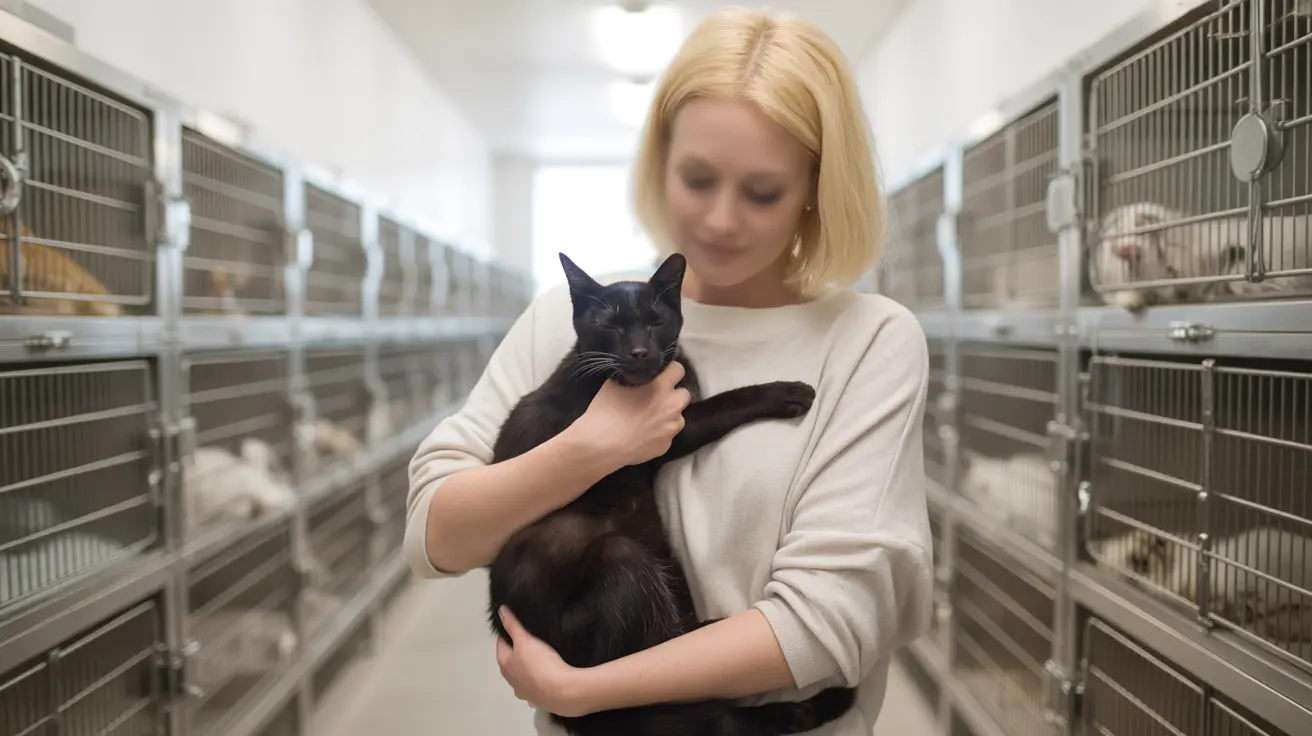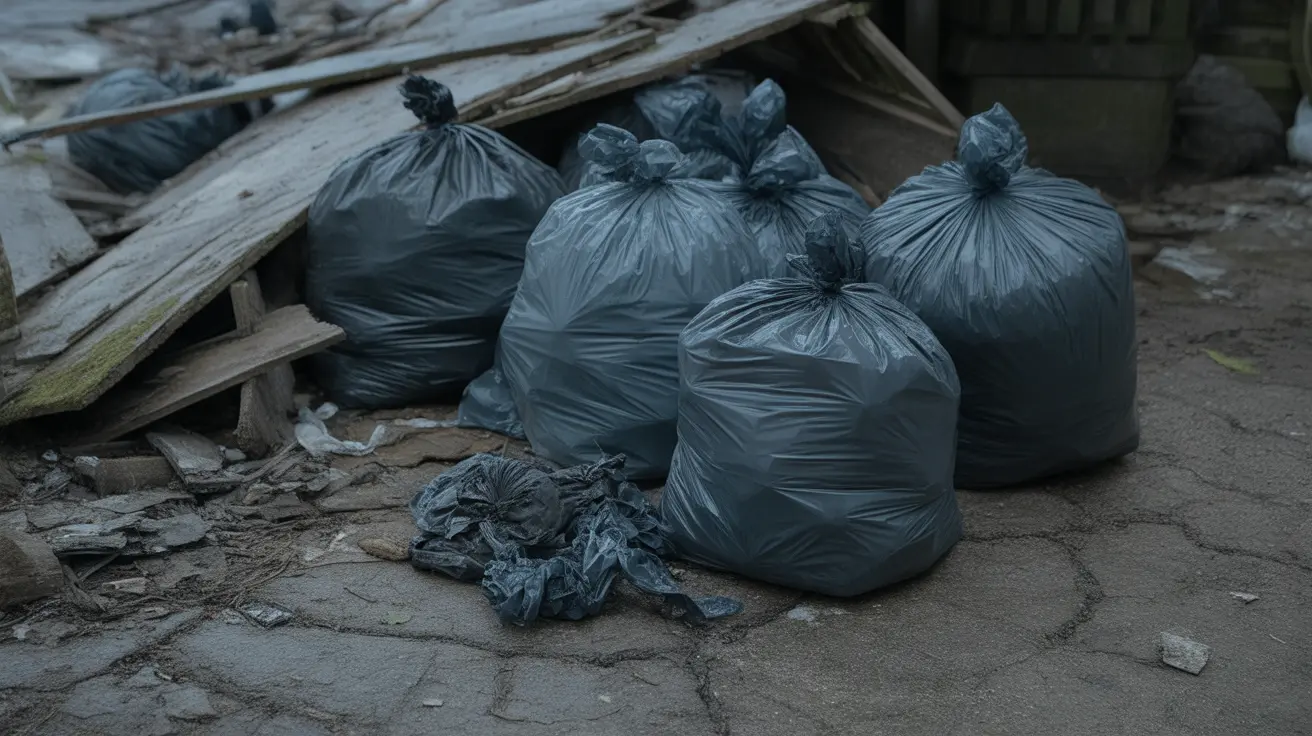Why You Should Never Feed Your Dog Black Walnuts
When it comes to taking care of your dog’s health, knowing which foods are safe and which are dangerous is critical. One particularly hazardous food that dog owners should avoid at all costs is the
black walnut. Although technically not a meat, black walnuts pose severe health risks and can lead to life-threatening conditions in dogs. Let’s explore why these nuts are so dangerous and what precautions every dog owner should take.
What Are Black Walnuts?
Black walnuts (Juglans nigra) are
native to North America and are commonly found in backyards, parks, and natural forest areas. While these nuts are safe for human consumption in moderated, culinary contexts, they contain certain compounds and physical properties that make them
highly toxic to dogs.
Toxic Compounds in Black Walnuts
One of the most dangerous aspects of black walnuts is the presence of a compound called
juglone. Although juglone is not notably toxic to humans, in dogs it can trigger severe gastrointestinal and neurological symptoms.
- Juglone exposure can lead to vomiting, diarrhea, tremors, and seizures in canines.
- In some cases, juglone toxicity can result in muscle weakness or coma.
Additionally, black walnuts are susceptible to
fungal growth, which can produce mycotoxins such as penitrem A or aflatoxins. These toxins are extremely dangerous for dogs and can be present whether the walnut is shelled or unshelled.
Why Moldy Walnuts Are Especially Dangerous
Moldy walnuts, including black walnuts that have fallen to the ground, frequently develop toxic molds. Mold contamination can occur at any point — during growth, harvesting, or storage — and it produces
mycotoxins known to cause:
- Severe tremors
- Excessive drooling
- Seizures
- Lethargy
- Loss of appetite
- Even death if not treated immediately
Risks Associated with All Walnuts
Even non-black varieties like English walnuts carry health risks for dogs, primarily due to their
high fat content and difficult digestibility:
- Choking hazards, especially for small dogs
- Intestinal blockages from whole nuts or shells
- Pancreatitis, a potentially fatal inflammation caused by high-fat intake
Signs Your Dog May Be Suffering from Walnut Toxicity
If your dog ingests a black or moldy walnut, watch for symptoms and react swiftly. Common warning signs include:
- Vomiting or diarrhea
- Trembling or shaking
- Loss of coordination or behavioral changes
- Seizures
- Weakness or excessive drooling
- Apparent abdominal discomfort
First Aid and Treatment
If your dog shows any of the above signs,
contact a veterinarian immediately. Time is critical in cases of walnut or mycotoxin poisoning. Treatments may include:
- Emesis (induced vomiting)
- Intravenous fluids
- Activated charcoal to absorb toxins
- Hospitalization and monitoring
Safer Alternatives to Walnuts
If you want to offer your dog a nut-based treat, a few unsalted options may be offered in small quantities:
- Unsalted peanuts
- Cashews
- Hazelnuts
- Almonds (with caution)
However, all of these nuts still present risks of
choking and
pancreatitis. Always serve in small, manageable pieces — and never with seasoning or shells.
Nuts That Must Be Avoided Entirely
- Macadamia nuts: Highly toxic and can cause severe symptoms even in minimal amounts.
- Black walnuts: Cause both physical and toxicological dangers to dogs.
- Pistachios and Brazil nuts: Not toxic but high in fat and salt, posing more harm than nutritional benefit.
Yard Safety for Dog Owners
For households with black walnut trees in the vicinity:
- Regularly clear fallen nuts from the ground.
- Prevent dogs from accessing areas with rotten or moldy nuts.
- Consult your vet before introducing any new food, especially nuts.
Conclusion
While nuts might seem like harmless or even nutritious treats,
black walnuts are one of the most dangerous foods you could offer your dog. Due to their toxin content and frequent mold contamination, they should be strictly avoided. For safer snacking, opt for veterinary-recommended treats or simple foods like plain cooked meat. When in doubt, always prioritize your dog’s health over human snack sharing.





